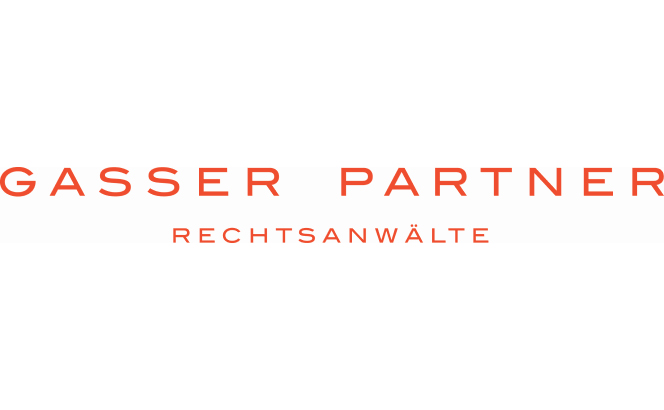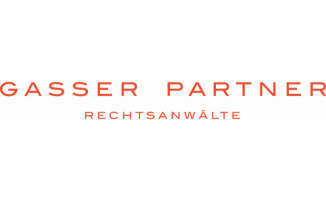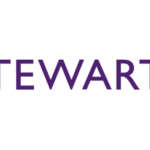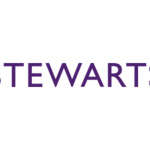Gasser Partner’s Hannes Arnold and Christina Delia Preiner on how Liechtenstein is keeping up with and shaping developments in fintech
Fintech companies are revolutionising traditional business models in the financial sector, especially in banking and insurance. There is little doubt that fintech is here to stay and the digitalisation of the financial industry will continue to advance rapidly. For a financial centre it is important not only to keep pace with developments, but also to help shape them. The prerequisites for a financial centre’s success are flexibility and a willingness to innovate, not only for trailblazers and founders, but also for established market players and the entire ecosystem, including regulatory and supervisory authorities.
While the main sources of financial market law and regulation in Liechtenstein, an active member of the European Economic Area (EEA), are heavily influenced by European law, the principality has done far more regarding fintech than merely transposing the European regulatory agenda. The Financial Centre Strategy of 2019 was published when the push towards regulating the crypto space was gaining momentum. Highly focused on digitalisation and innovation, it emphasises the government’s commitment to forward-looking development of the country as a financial centre. The development and promotion of the fintech ecosystem is at the heart of the regulatory agenda, alongside other important policy agendas such as sustainability.
Liechtenstein has a persistently strong banking sector and data protection and integrity as well as cyber security are strong pillars of the Liechtenstein financial market.
The ambitious strategy is not easy to implement: in addition to the technically diverse and constantly evolving innovation to be understood and the possible risks to be identified, one must also monitor how existing (‘generally technology-neutral’) regulation and market conditions affect new business models. As regards creating the best possible environment for innovative companies, being an EEA member offers immense opportunities, but also creates a particular challenge. Access to the single market is particularly valuable for fast-growing and highly digitalised companies in the fintech sector, some of which offer services exclusively online. However, the local legislature must anticipate and implement EU regulation while maintaining the flexibility required for local service providers. Further, EU legal acts are often transposed into the EEA agreement with a delay, which may interfere with market access or transitional provisions. Past experience shows that Liechtenstein handles these challenges well: as a first mover in the enactment of the blockchain act and the creation of a blockchain ecosystem, the Liechtenstein regulator has done impressive work in this area and its ‘token container model’ has been a hot topic around the world.
On a supervisory level, there is no true sandbox or simplified licensing regime for fintech service providers. However, the small size of the country and oft-cited short decision-making paths in all matters ease the licensing journey significantly. Firstly, the Office for Financial Market Innovation (SFI) has been established to serve as a contact point for start-ups and fintech companies, specifically to co-ordinate the administrative process and to further develop the regulatory framework and legal acts related to digitalisation. Secondly, the FMA has established a fintech competence team (fintech[at]fma-li.li) with a mandate to support and guide fintech firms through the licensing process and to enter into constructive dialogue with service providers to successfully implement innovative business models (www.fma-li.li/en/fintech-and-tvtg/fintech-in-liechtenstein.html). The success of several highly innovative projects, such as the first regulated crypto AIF and the first passported prospectus for a security token offering can be attributed to this co-operative approach.
Liechtenstein has a persistently strong banking sector and data protection and integrity as well as cyber security are strong pillars of the Liechtenstein financial market. Established market participants are responsive and have managed to cope well with the digital transformation. In recent years the most notable success stories have involved established financial intermediaries embracing technology early on, resulting in significant international success. Consequently, fintech has not proven to be disruptive, but seems rather to be an addition to Liechtenstein’s business models and the financial market. Major trends in recent years have created opportunities and offerings for needs that were previously not adequately met and Liechtenstein service providers where able to realise their full potential. Local service providers are particularly renowned for Blockchain-related business models, such as custody solutions, asset management, infrastructure and trading. However, one of the most important and lively areas of fintech in Liechtenstein is insurtech, where various internationally well-known firms domiciled in Liechtenstein that are active in life as well as non-life insurance.
All in all, Liechtenstein, with its forward-looking regulatory approach, has successfully positioned itself as a financial centre and hub for innovative business models and fintech companies. The company law is traditionally flexible and the tax system is simple and straightforward compared to other European countries, which significantly reduces formation costs. Access to talent is a major challenge for any jurisdiction and Liechtenstein competes with financial centres all over the world for qualified workers. Immigration laws are quite restrictive. EEA citizens benefit from a biannual lottery that accounts for half of the residence permits issued to EEA citizens each year. For qualified non-EEA nationals, the government may grant residence permits based on particular public interest. However, owing to the small size of the country, a large part of Liechtenstein’s workforce is not resident, but commutes in from neighbouring countries with much more lenient immigration and residency laws. Consequently, the attractive salaries and working environment provide the Liechtenstein market with a significant talent pool beyond its borders.
Looking ahead, the future holds a number of new opportunities and challenges: MiCAR will be of immediate importance and will need to be incorporated into the EEA Agreement in due time, as many companies are already registered and operating under national law. Further, the DLT Pilot Regime has just been published in the EU’s Official Journal and with the upcoming incorporation of Regulation (EU) 2020/1503 into the EEA Agreement, a bespoke regime for crowd funding service providers will be available and their services passportable to the entire European single market. As for challenges, sustainability has always been an important concern for Liechtenstein and its banking centre, thus both the government and market participants are committed to a sustainable finance strategy. The need to bring together sustainability and digitalisation, the two key drivers of change and innovation in the financial services industry, is obvious and requires smart and determined solutions. Liechtenstein is well suited to help shape this crucial development.
Authors:

Dr. iur. Hannes Arnold M.B.L.-HSG
Attorney at law
Senior partner
hannes.arnold@gasserpartner.com

Dr. iur. Christina Delia Preiner LL.M.
Senior associate
christina.preiner@gasserpartner.com














